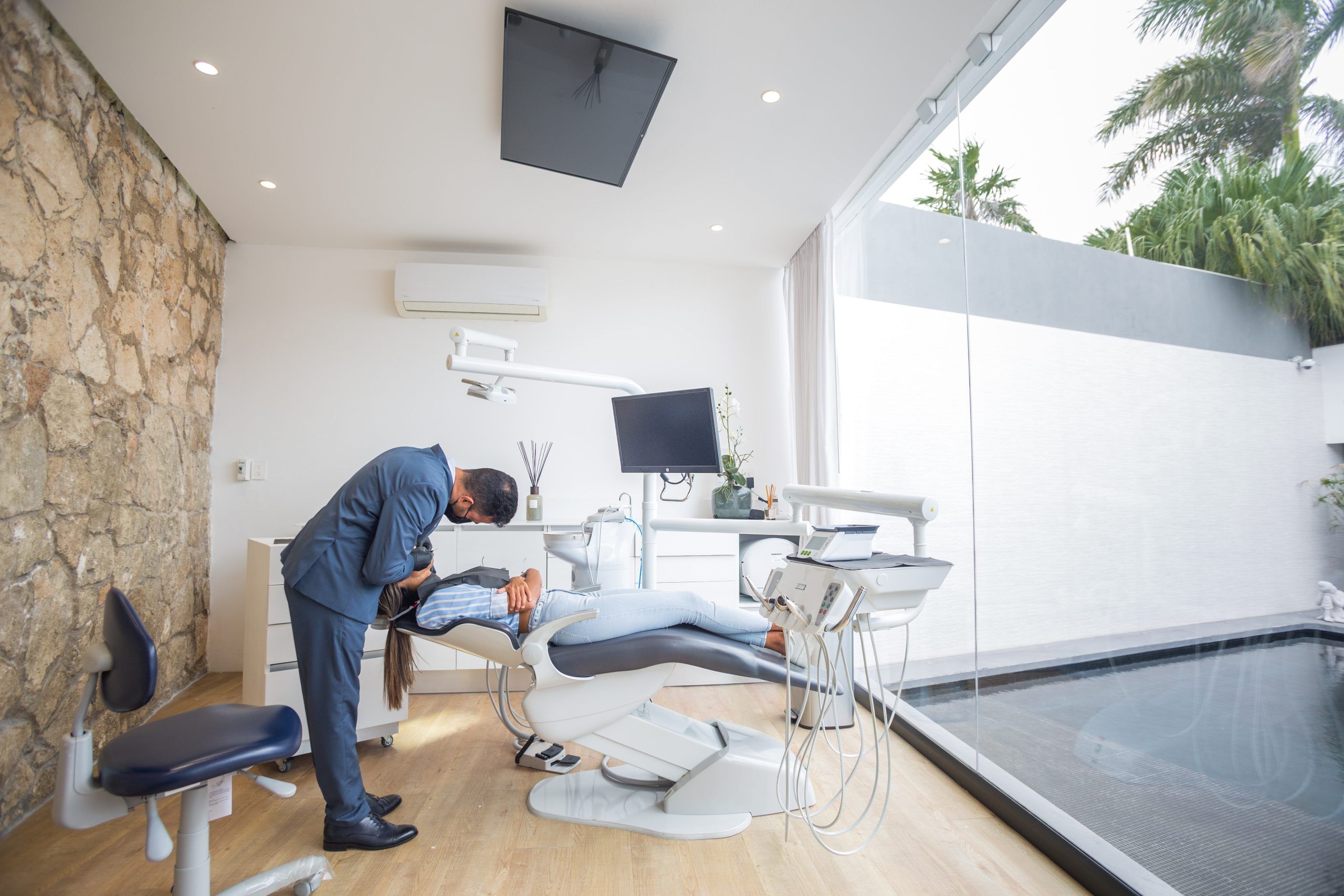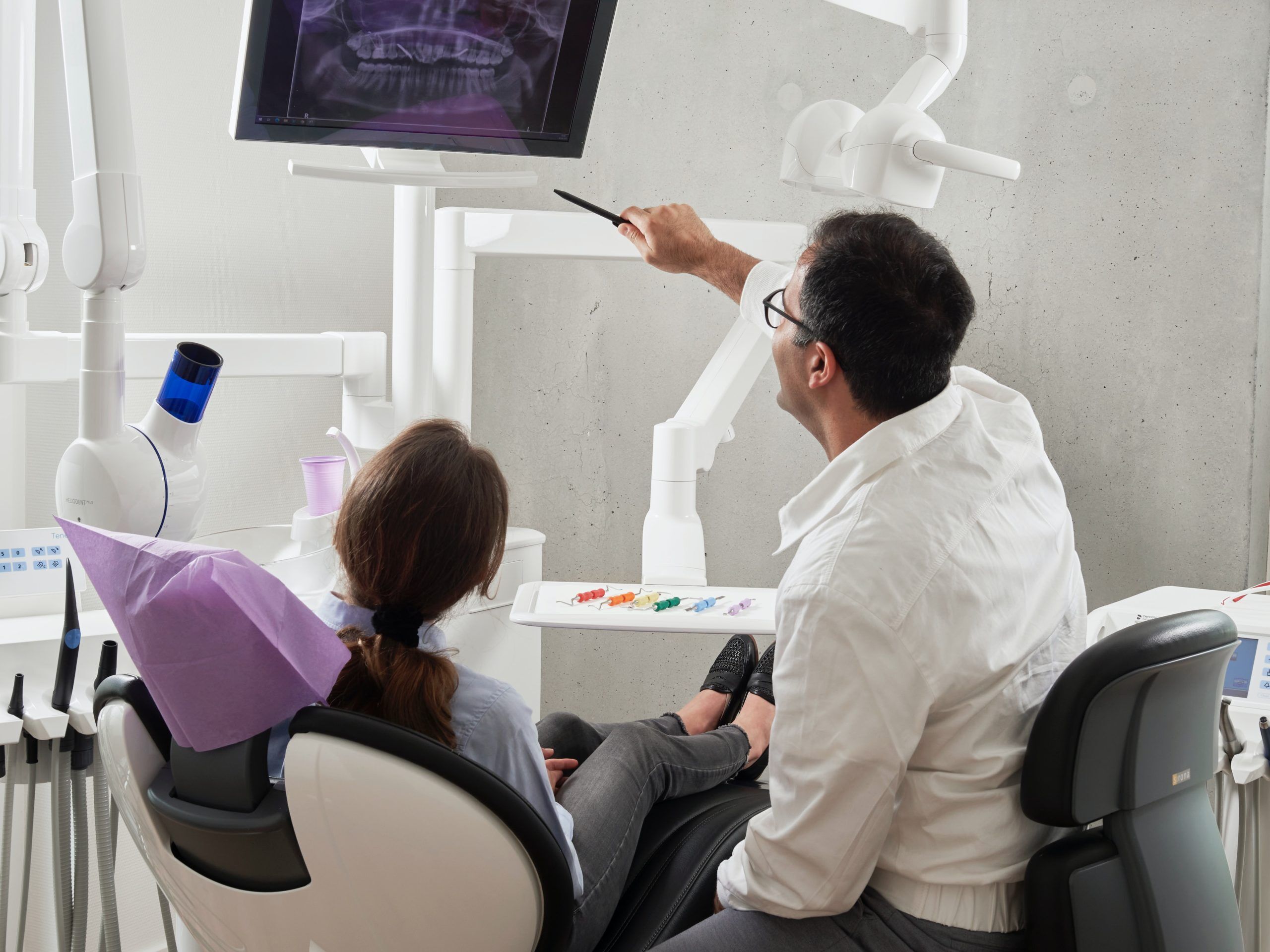Author: nearmedental
The world is still reeling from the effects of Covid-19, and while the country is still looking for ways to combat the pandemic, your teeth won’t sit and wait on the pandemic to end before they cause you problems.
Let us look at the different ways that you can protect yourself during these times of the pandemic.
The Rule
To protect you, your family, our staff, and our families, we need to follow the guidelines set down by the Ministry of Health so that we can reduce the spread of the pandemic.
First, you need to tell us to know what resolutions we have put in place to change your plans accordingly. You need to understand that the rules we put down will change with time, so you need to check at different times to adjust accordingly.
However, we have limited our emergency dentist Brooklyn services to a few visits during this time. To be seen physically at the clinic, we require you to have a dental emergency ranging from severe toothache to trauma. Swelling of your face, neck, or teeth, bleeding of your gums and infection fall under this category.
If your condition falls under any of the categories above, you can call us for more guidance on how to go about it.
Let us look at the tips to follow for various dental issues.
Severe Toothache
When you have a severe toothache, the first step is to take analgesics as prescribed by a dentist. Often, you will get a prescription over the phone; make sure you follow the guidelines as per the dentist’s guidelines.
Most pain is attributed to infections due to poor oral hygiene. Due to this, make sure you maintain proper oral hygiene, using a toothpaste that contains fluoride as one of the main ingredients.
One of the causes of infection is sugar, which acts as food for the bacteria. This means you decrease the consumption of sugar to a bare minimum so that you avoid tooth decay.
Dental pain is common after the extraction of a tooth or another procedure. However, this pain usually disappears after a while, say, 3 hours. If the pain persists way after the 24-hour mark, you need to call your dentist immediately.
Bleeding Gums
Bleeding gums is a sign of gum disease, and it usually arises due to poor oral hygiene. When you notice blood when brushing your teeth or eating, try and make sure you brush your teeth as well as gums twice a day.
Toothbrush bristles might irritate your gums and lead to bleeding. Try to replace the toothbrush with a soft-bristled one, instead of using a brush go for dental floss and other mild cleaning tools to clean between the teeth.
If you cannot get your hands on dental floss, opt for mild mouthwash twice a day. Smoking also irritates the gums; make sure you reduce this habit to keep your gums protected.
Gums might bleed after a dental procedure, for example, extraction of a tooth. This is normal, but if the bleeding is prolonged, then you need to avoid vigorous dental cleaning after the procedure.
Loose Dentures
Dentures have a lifespan. If they are properly fitted, they need to stay in place for various years. If they have been fitted poorly and they become loose, you need to call the dentist fast.
If the denture has sharp bits, you can use a nail file to smoothen them out. If the dentures are loose and you can’t get your dentist on the phone, you need to use a denture adhesive to hold the loose part in place until you get to the dentist.
If you feel pain when you use the denture, don’t use it until you talk to the dentist.
If you have a loose veneer or crown, it is best to remove it and keep it safe until you get to the dentist. Even so, make sure you maintain proper oral hygiene so that you reduce the risk of decay. Avoid sugary foods and drinks to prevent any further dental decay of the tooth beneath the attachment.
Final Words
In case you experience an issue with your teeth, the best thing to do is to talk to a dentist. Our emergency dentist Brooklyn services are available for you to use even during this tough period. Call us to find out how you can use the services properly.



